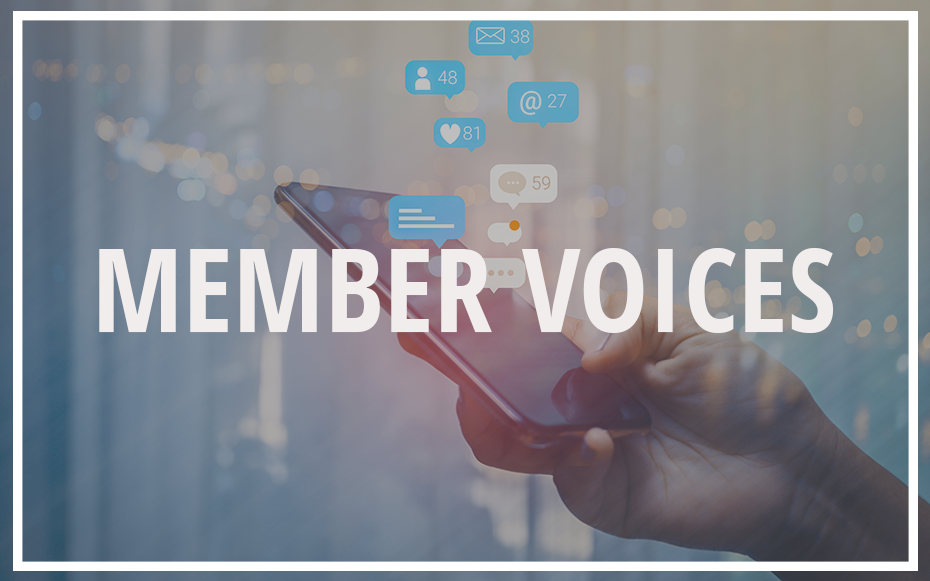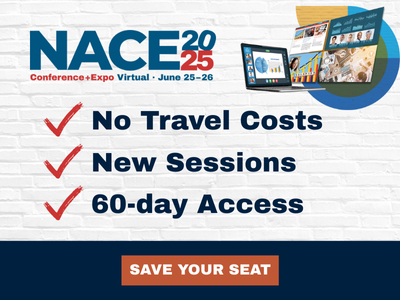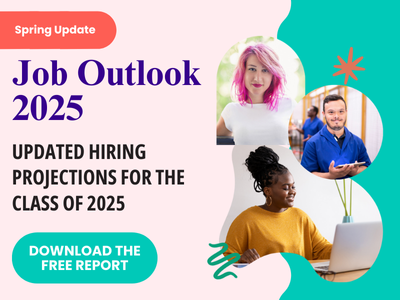The gamification of conferences is a game-changer, particularly for neurodivergent and introverted individuals.
Hi, my name is Philip Wilkerson, and I have ADHD. Early in my academic journey, I discovered that traditional conference and in-person program settings were challenging. Staying focused in these environments took a lot of work. I was often penalized for behaviors like multitasking, using my phone, taking notes, or avoiding eye contact—actions that helped me process information better but were seen as impolite. In short, for many with ADHD, sitting still can be nearly impossible.
However, engaging with an app or participating in gamified elements of a program or event provides a constructive outlet for this energy. For those unaware to the concept, gamification is defined by Canapii as “the infusion of game elements into non-game contexts to engage and motivate individuals,” and when applied to events, it “appeal[s] to attendees’ sense of competition, achievement, and enjoyment.”
Apps, such as Whova, have been invaluable to me. They allow me to interact with presentations, ask questions without disrupting the speaker, and connect with other attendees. This enhances my experience and ensures I'm not a distraction to others.
I urge everyone—whether in higher education, K-12, or corporate sectors—to consider the needs of neurodivergent students and employees. Providing an app or alternative communication channel can significantly improve their experience, making them feel valued and respected in the conference setting.” A Canapii study underlines the significant impact of gamification on events, reporting a notable increase of up to 40% in attendee engagement and satisfaction. This underscores the potential for gamification to foster a more immersive and enjoyable event experience
Additionally, these apps are a boon for introverted individuals by enabling them to research other attendees, engage in ways that respect their boundaries, and participate fully without feeling overwhelmed. Seeing my colleagues on the leaderboard reinforces a sense of community and inclusion, fostering a feeling of connection and inclusivity among the audience.
When I attended virtual conferences and programs during the pandemic, I appreciated the ability to engage through chat without interrupting speakers. This allowed for meaningful connections with other attendees in a less stressful environment. As we transition back to in-person events, it's crucial to integrate these virtual elements. Doing so ensures that in-person and digital participants can fully benefit from the conference experience, bringing their authentic selves to the table.
As an introvert who’s learned to flex into extrovert-dominated experiences and spaces like conferences, I have found well-selected and well-run conference apps a huge benefit.
I’m Chris Miciek, and I find conferences exhilarating and exhausting.
Consider the introvert who is also a first-time attendee. Even a small event of a few hundred people can be intimidating and isolating if attending solo. The constant emphasis on interacting with others in large spaces and groups can push introverts to the fringes, making it harder to connect. And if we do press into the social spaces, we can feel drained. Opening night networking in an exhibitor hall might be great value for sponsors but gives introverted newcomers a rough introduction. Conference apps can provide first-timers a chance to find and connect with a couple of other people before they arrive, lifting some social challenges. Apps that support forming meet-ups and meals together likewise ease some of that burden by giving attendees ample time to weigh options, check profiles, and otherwise govern their energy expenditure on choosing who to hang out with.
For experienced attendees who are introverts, these also apply. Sure, I can email all my colleagues to see if they’re attending, then manage a bunch of responses, or I can check who’s already attending in the app and message them or create a group and invite them. I mean, introverts are not usually considered social networking hubs or super hubs, but give us the right tools and watch us go! Good conference apps empower introverts by giving them more control to shape their experience and engagement in ways that are more comfortable, making them feel more in control and comfortable.
For event planners, a few words of advice:
- The selection of a platform matters. Like any tech selection, know what you want to do and find the best tool.
- Test-drive before contracting. How does it work on iOS versus Android devices? Are interfaces and connections to other social media smooth, easy, and done in ways that protect user data? How many social media platforms are supported, and are they relevant to your attendees?
- Do you have the capacity to roll out the app to the attendees effectively? Are you ready to provide support when the inevitable hiccups occur? Is it obvious to users how to get help? If not, the first problem could lose a user or sour the overall conference experience. Especially if you’ve gone paperless and attendees depend on the app for all critical information.
- Have paper backups. Paperless is ideal, but it doesn't work for everyone. Has the conference committee prepared for those who don’t have mobile phones, prefer not to use the app, or may otherwise need a bit of accommodation?
- Set a deployment timetable that encourages actual use in line with when attendees start turning their thoughts to the conference. If you run competitions, hold off opening scoring and leaderboards until close to the start. Imagine opening the app for the first time the day before the event and seeing dozens of posts, pictures, groups, and conversations already underway and a leaderboard with runaway scores. Odds are you’d feel overwhelmed and check out, leading to underuse of the app. Suppose the app is intended to foster community and improve accessibility. In that case, there needs to be balance signaling to folks like the neurodivergent and introverted that the app is a tool to connect, not a barrier to participation.






